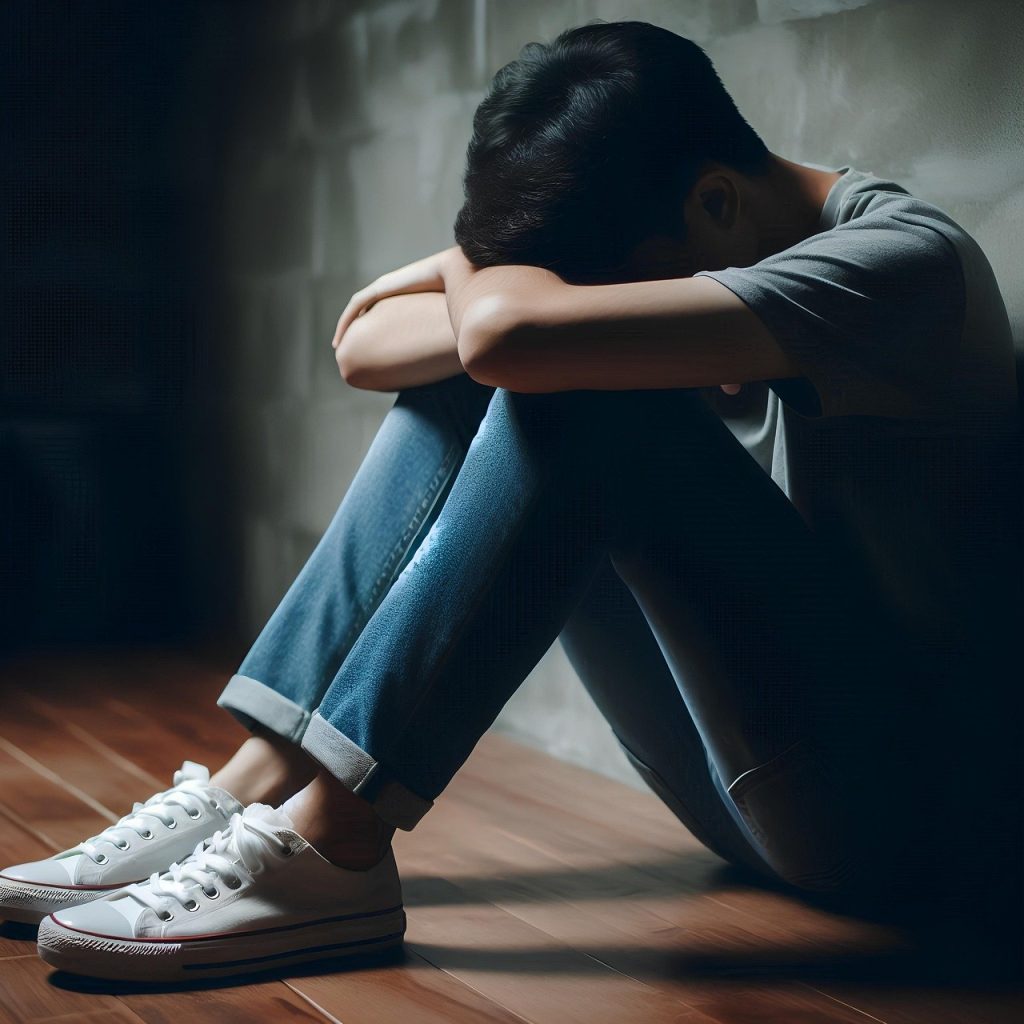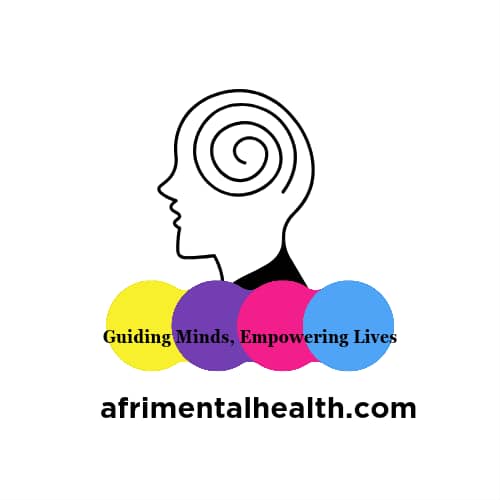
Depression is a mood disorder that causes a persistent feeling of sadness and loss of interest in things and activities you once enjoyed. Its normal to feel sad or grieve over difficult life situations, but depression persists every day for at least two weeks. There is no exact causes of depression and many factors contribute to it which includes:
- Medication: Certain medications can cause depression. some of the medication has depression as a side effect.
- Stressful life events: The failure to cope with life’s challenges such as loss of a loved one, divorce or trauma can trigger depression.
- Genetics: If you have a relative with depression, you are about three time as likely to develop the condition as the general public. However, one can have depression without a family history of it.
- Brain chemistry: An imbalance of neurotransmitters, including serotonin and dopamine, contributes to the development of depression.
- Medical conditions: Chronic pain and chronic conditions can lead to depression.
TYPES OF DEPRESSION
The American Psychiatric Association’s DSM-5 classifies depressive orders as follows:
- Persistent depressive disorder: persistent depressive disorder is mild or moderate depression than last for two years or more.
- Clinical depression (major depressive disorder): A diagnosis of clinical depression means you have felt sad, low or worthless for at least two weeks while also having other symptoms such as sleep problems, loss of interest in activities or change of appetite. This is the most severe form of depression and one of the most common forms.
- Premenstrual dysphoric disorder (PMDD). The symptoms of PMDD include mood symptoms such as extreme irritability, anxiety or depression. These symptoms improve within few days after your period starts, but they can be severe.
- Disruptive mood dysregulation disorder (DMDD): DMDD causes chronic intense irritability and frequent anger outbursts in children.
Who does depression affect?
Depression can affect anyone however having certain risk factors makes it more likely that you be diagnosed with it. The following conditions are associated with hire rates of depression:
- stroke
- multiple sclerosis
- cancer
- chronic pain
- seizure disorders
- macular degeneration
- neurodegenerative diseases
